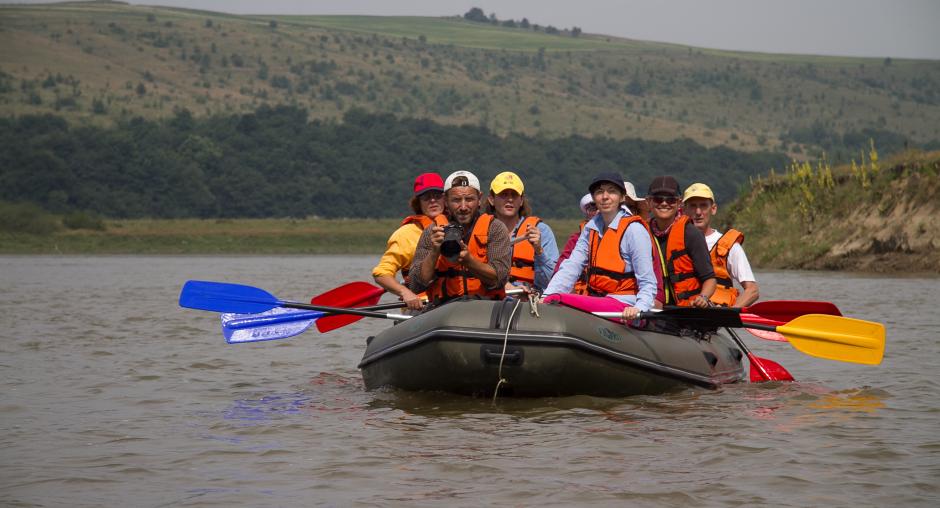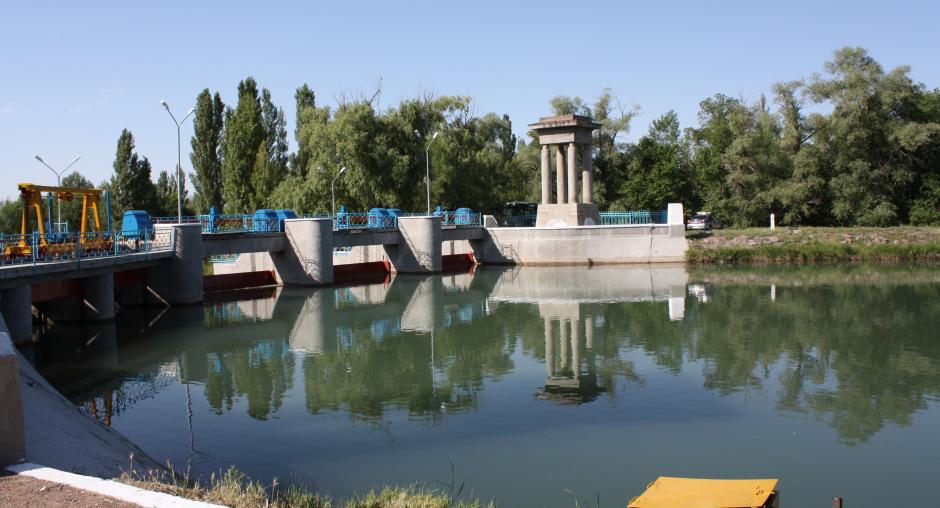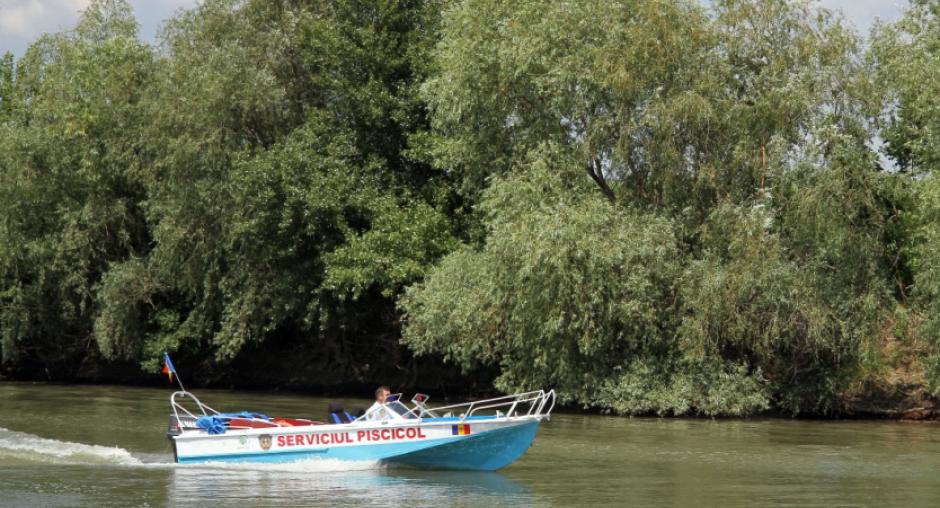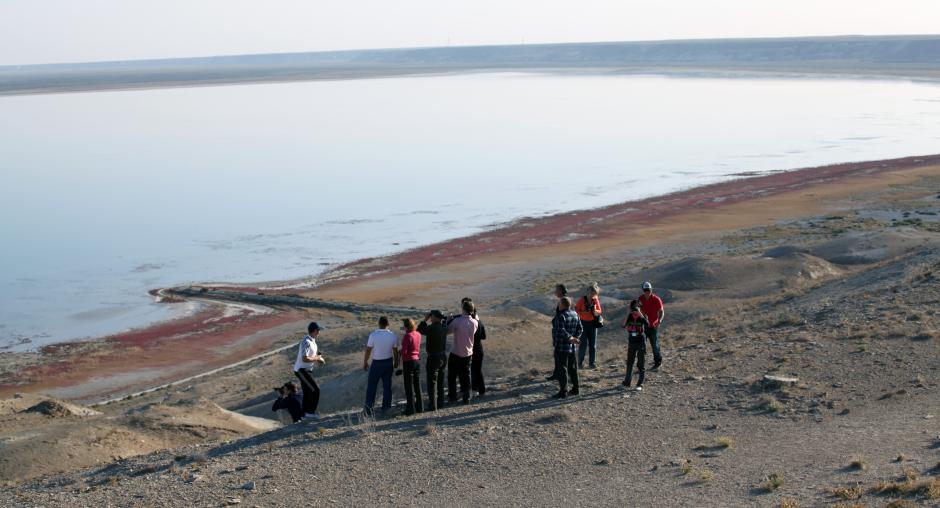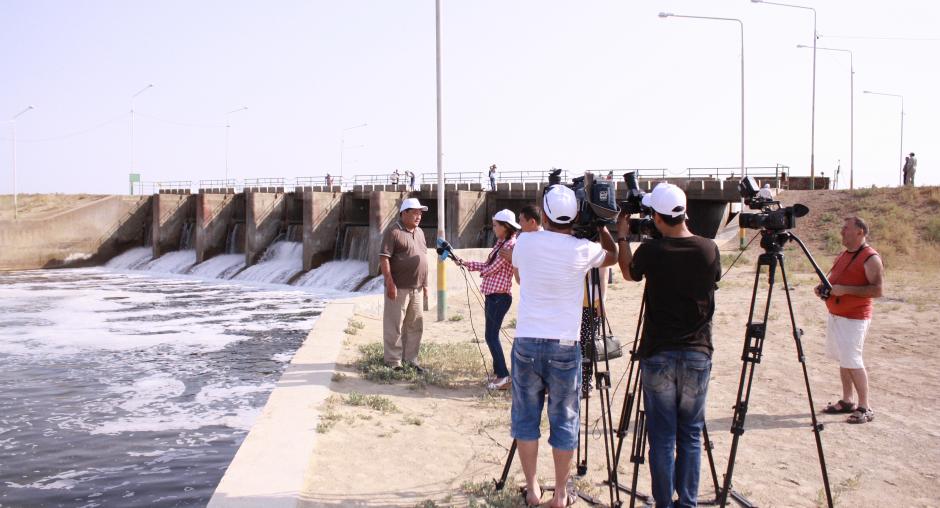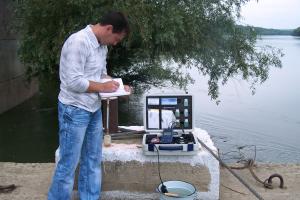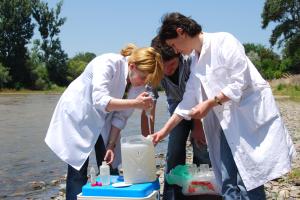Governing water – preventing conflicts
Challenges and opportunities related to water remain high on the agenda of the Organization for Security and Co-operation in Europe (OSCE). The 2015 Serbian Chairmanship has made it a priority by dedicating the 2015 Economic and Environmental Forum - the organization’s annual three-part event on select economic and environmental issues that can impact security - to water governance.
Why is water important for our security?

Co-operative water governance is a key in ensuring development and stability on local and national levels. Good water governance requires the accountable, transparent and equitable management of water resources. It contributes to confidence-building and is essential for preventing water-related conflicts at all levels, including at the level of local communities.
Lamberto Zannier OSCE Secretary General
Water is a strategic resource and an essential element of national and regional security. More than 150 rivers and lakes are shared by two or more of the OSCE’s 57 participating States.
Water scarcity, lack of access to water, and pollution can threaten socio-economic development and political stability and are potential triggers for tensions and conflicts. Researchers, the business community and foreign policy makers are increasingly aware of the risks water crises can pose to security, and the additional stress put on water resources by climate change.
But water can also be a source of co-operation: jointly managing water can lead to improved relations among countries and communities, and enhance security, prosperity and the protection of the environment. The devastating floods in the Western Balkans in May 2014 illustrated how co-operation on the trans-boundary, national and local levels, can be of utmost importance.
The Office of the Co-ordinator of Economic and Environmental Activities (OCEEA) is raising awareness for a comprehensive security approach to water governance and contributing to ongoing political processes within the framework of regional and global forums.
How is the OSCE involved and what does it do?
Economic and environmental matters have always been an integral part of the OSCE agenda, reflecting the Organization’s comprehensive approach to security. The OSCE has a long track record of supporting countries to jointly manage water resources sustainably and has successfully supported co-operation among its participating States, particularly in the Sava, Dniester, Kura and Chu-Talas basins. In most of these activities, the OSCE is closely collaborating with its partners in the Environment and Security Initiative (ENVSEC).
The OSCE field operations advance good water governance through training courses on Integrated Water Resources Management (IWRM), support to Water User Associations and river basin councils, and promotion of civil society participation. Knowing of the important role an active and well-informed civil society can play to reduce environment and security risks, the OSCE has over a decade supported the establishment of a network of currently 60 Aarhus Centres in 14 countries. Among their wide range of activities they play a key role in facilitating participation, and access to information, on water issues.
Highlights
Learn more about OSCE's water-related activities.
Learn More
- OSCE-supported Aarhus Centres discuss their role in trans-boundary water management in South-East Europe
- Ukraine and Moldova endorse Dniester River Basin climate change adaptation strategy
- Gender mainstreaming and conflict resolution in Central Asia’s water governance in focus at OSCE regional workshop in Almaty
- Empowering women water professionals - #WorldWaterDay

